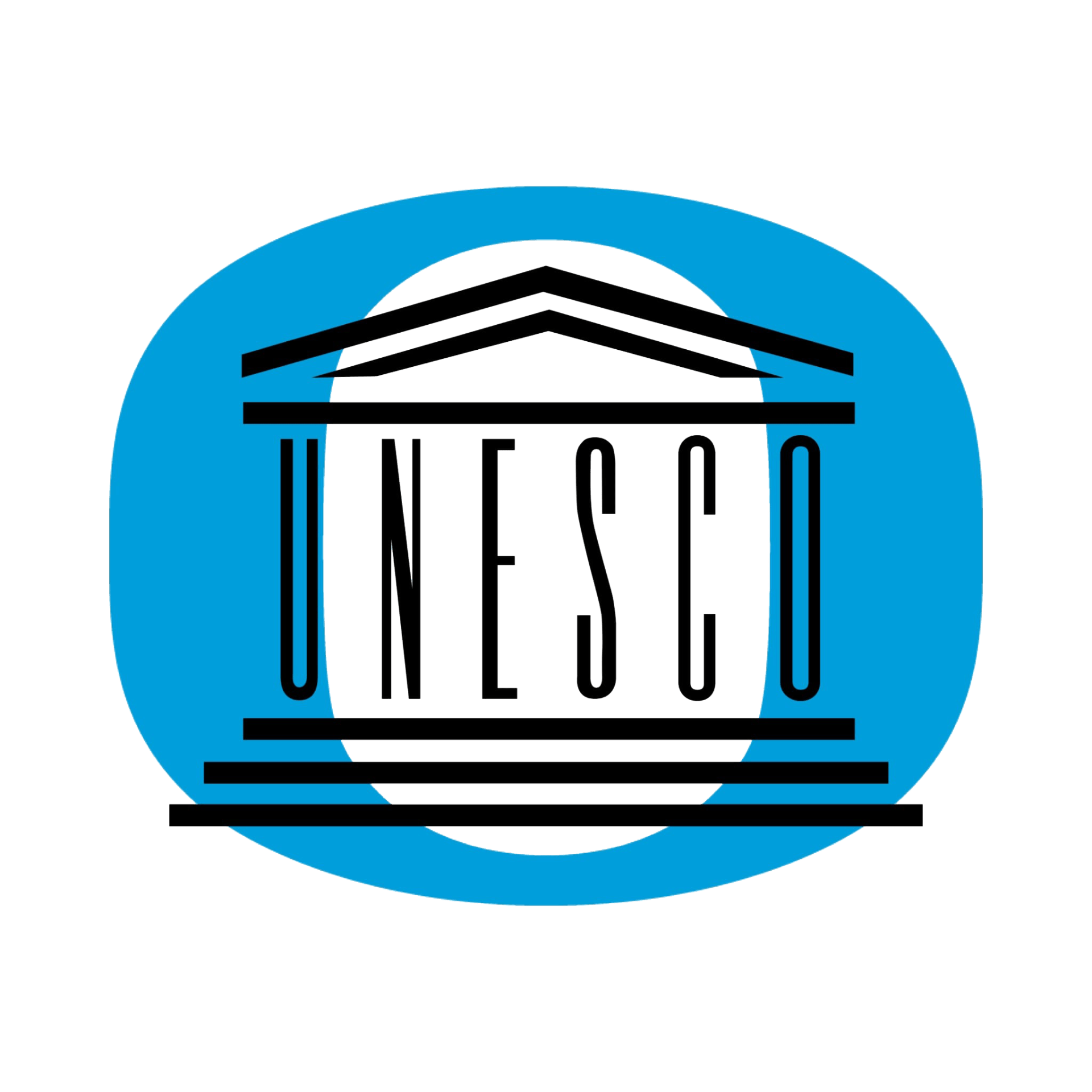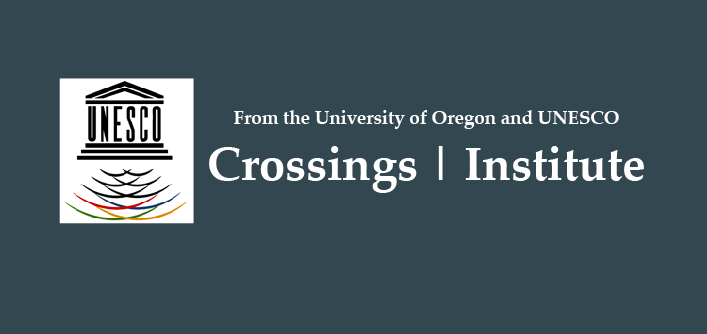It’s difficult to imagine taking up residence in a land without freedom of expression.
Under the stars and stripes, we have the right to protest oil drilling, probe intelligence agencies over shady surveillance programs and pen columns in the local daily expressing discontent over whichever issue we choose — from a governor’s latest scandal to a government’s perverse handling of the migrant crisis.
The journalist’s pencil is at its sharpest in this kind of arrangement. But this year I traveled to a little-known country where unchecked extravagance is the law of the land — and free speech is not. Tucked between Russia and Iran, Azerbaijan emerged from behind the Iron Curtain and within two decades seemed to transform into a state leveraging massive oil reserves to pay for international credibility. Here rules President Ilham Aliyev, a politician so far on the side of demolishing discord from journalists that he almost tripped over his buddy Vladimir Putin’s foot getting there.
At the start of this week, Azeri investigative reporter Khadija Ismayilova — who in May received the PEN/Barbara Goldsmith Freedom to Write award — was sentenced to seven and a half years in prison, according to Radio Free Europe/Radio Liberty.
Oregon Public Broadcasting President and CEO Steve Bass, who traveled to Azerbaijan within the last few years, reacted thus in an email to me: “In many countries around the world, journalists take enormous risks in order to inform the public about important events and issues. In some places, the risk to journalism comes from powerful oligarchs who control the media outlets and find ways to shape news coverage to suit their interests.”
He later adds, “Far too often, journalists like Khadija Ismayilova, who brought to light significant corruption by Azerbaijan’s ruling family, pay a huge personal price for practicing journalism, something that some take for granted and sometimes don’t appreciate enough in the United States.”
The charges brought against Ismayilova were: illegal business activity, tax evasion and abuse of power, according to RFE/RL, the news source for which she used to produce scathing reports on the presidential family’s business dealings. Human rights organizations roundly described the court’s indictments to be trumped-up and Aliyev’s administration to be about as straight as the last letter of the president’s last name. I’ve made a fuss in other columns about press freedom in the country and how, according to Ismayilova’s reports for RFE/RL, the president’s family has made huge sums of money off the construction of a stadium for the international singing competition Eurovision, and that they hold a stake in a gold mine near the Armenian border through various façade companies.
In the Azeri capital Baku, a city experiencing a boom that might put Seattle to shame, the president’s pet architectural projects stand as symbols of his dominance over the country, from the swooping, white and arched walls of the Heydar Aliyev Center (just think of a Sydney Opera House knock-off transplanted into Southwest Asia); to the LED-lit exteriors of the colossal Flame Tower skyscrapers; to the glowing blue Olympic Stadium, which the government used when it hosted the first inaugural European Games this June, an Olympics-style event that drew thousands of athletes and spectators to the otherwise obscure oil state.
Dr. Karin Deutsch Karlekar, PEN American Center’s Director of Free Expression Programs in New York, said over the phone that Azerbaijan had “orchestrated” one of the largest-scale human rights and free expression “crackdowns” in the region.
Ismayilova “was one of the most pioneering and important journalists” in Azerbaijan, said Karlekar. To jail her is to deter others from following in her footsteps and acting as watchdogs.
While Azerbaijan is a small country, “it does have an important geopolitical position,” she said, noting its proximity to Russia and Iran.
Plus, “a lot of oil flows from Azerbaijan to the West,” she said. Most goes to Europe, but actions on the part of the Azeri government affect the world stage nonetheless, she said.
She said European leaders have decried the Azeri government’s efforts to suppress human rights, but letting it host international sporting events and singing competitions is counterproductive. Bans against high-level officials should be put in place, though not broad sanctions that may trickle down to the general population, she said.
Here in the United States, Americans can advocate for free press by spreading awareness via social media, she said. Negative media coverage of the European Games also helped. But there are still eight journalists in jail, according to Karlekar, and 80 to 100 politically motivated imprisonments.
This week’s sentence is a bitter reminder that in some lands, advocacy and journalism have no home — but in 2015, that must not remain the status quo.
The above column by Crossings Institute research fellow Jonathan Bach was originally written for the East Oregonian newspaper in Pendleton, Oregon. To view the original opinion article, click here. The views represented herewithin do not necessarily reflect those of UNESCO or the University of Oregon-UNESCO Crossings Institute.


